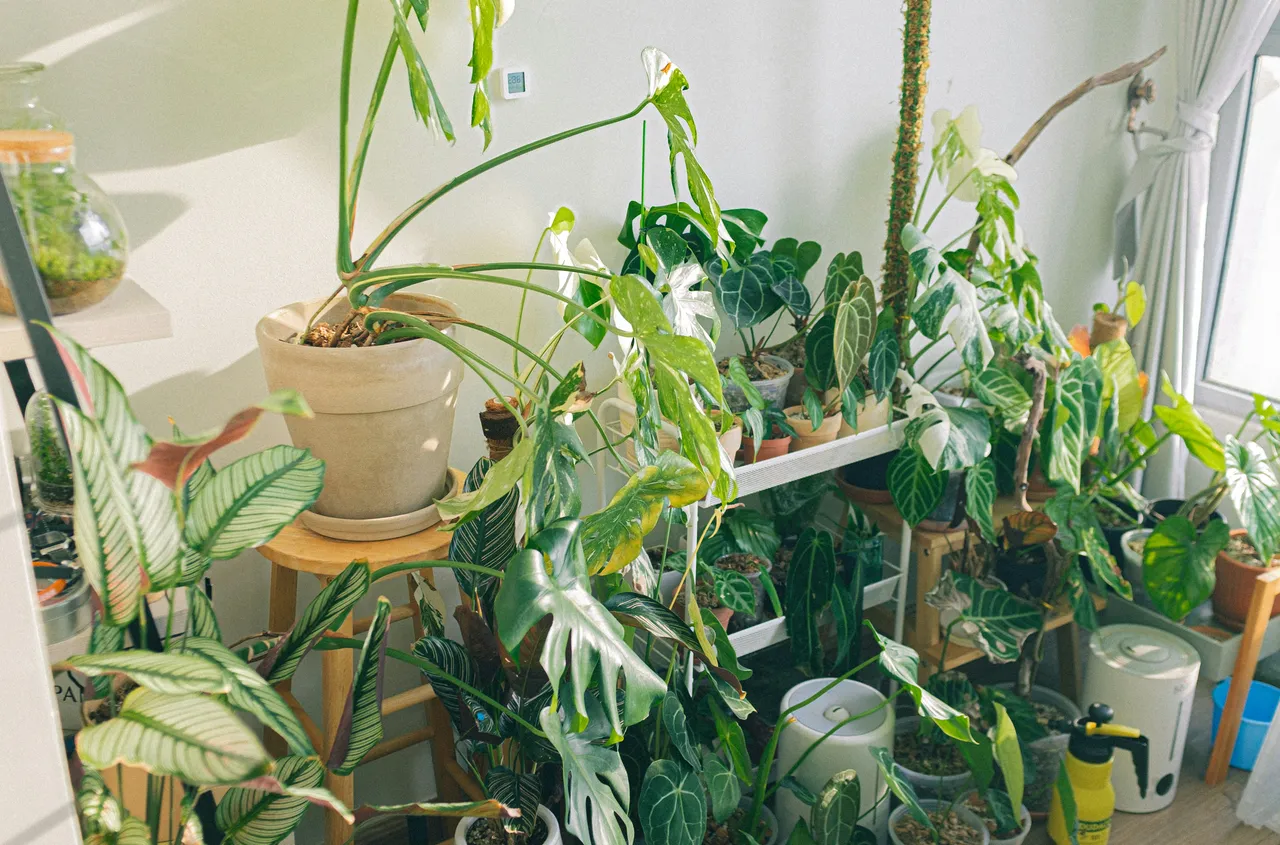Eco-Friendly Gardening Tips for Sustainable Living
Welcome to our latest guide on Eco-Friendly Gardening Tips for Sustainable Living. Discover how your green thumb can also be green in practice, contributing to a healthier planet. Let's explore practical ways to cultivate your garden sustainably.
Embrace Composting
Composting is a cornerstone of eco-friendly gardening, turning kitchen scraps and yard waste into gold for your garden. By composting, you not only reduce the amount of waste sent to landfills but also enrich your soil with vital nutrients. Start with simple compost bins or piles, and add your organic waste. Over time, this will decompose into rich compost that will give your plants a significant boost without the need for chemical fertilizers.
Moreover, composting helps to foster a living soil ecosystem, encouraging beneficial microorganisms that support plant health and growth. This natural fertilizer promotes water retention, reducing the need for frequent watering and making your garden more drought-resistant.
Water Wisely
Water is a precious resource, and conserving it is a key aspect of sustainable gardening. Collect rainwater in barrels or buckets and use it to water your garden. This not only saves on your water bill but also reduces your environmental footprint. Additionally, consider drip irrigation systems, which deliver water directly to the roots of your plants, minimizing waste and evaporation.
Watering in the early morning or late evening can also reduce water loss to evaporation. Mulching around your plants is another effective strategy to retain soil moisture and reduce the need for watering, while also suppressing weeds that compete with your plants for resources.
Choose Native Plants
Opting for native plants is a win-win for eco-friendly gardening. These plants are adapted to your local climate and soil conditions, requiring less water, fertilizer, and maintenance. They also provide essential habitats and food sources for local wildlife, promoting biodiversity in your garden.
Research the native plants in your area and select those that will thrive in your garden's specific conditions. By doing so, you'll create a resilient, low-maintenance garden that supports the local ecosystem.
Natural Pest Control
Chemical pesticides can be harmful to the environment, killing beneficial insects along with the pests. Instead, focus on natural pest control methods. Encourage beneficial insects, such as ladybugs and lacewings, that prey on common garden pests. Planting herbs like lavender and basil can also deter pests with their strong scents.
Another effective strategy is to practice crop rotation and companion planting, which can naturally deter pests and diseases. By understanding the relationships between different plants, you can create a balanced ecosystem in your garden that naturally keeps pests in check.
By implementing these eco-friendly gardening tips, you can enjoy a beautiful, productive garden while contributing to a healthier planet. Sustainable gardening practices not only benefit your own slice of paradise but also the wider environment, promoting a greener, more sustainable world for future generations.
This article was developed using available sources and analyses through an automated process. We strive to provide accurate information, but it might contain mistakes. If you have any feedback, we'll gladly take it into account! Learn more

